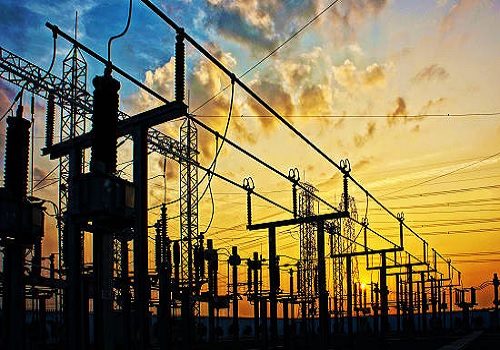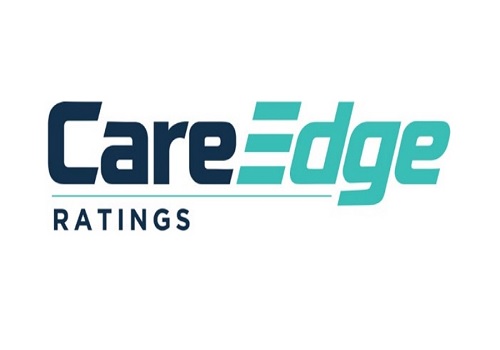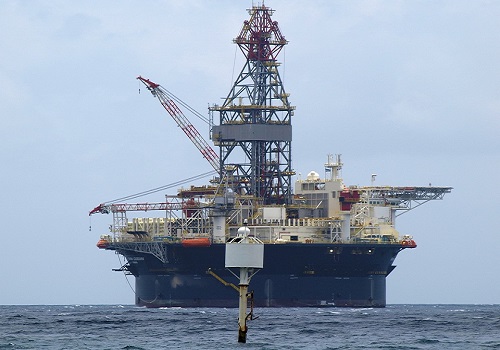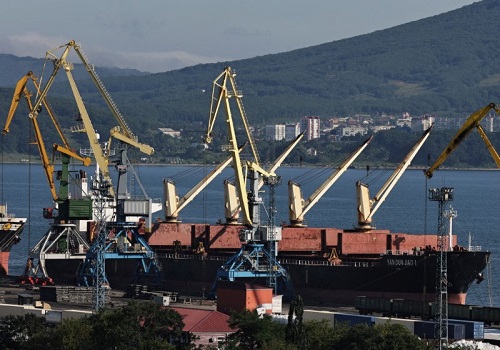For ARCs, cumulative recovery rate for stressed operational thermal power plants to improve next fiscal: Crisil

Crisil Ratings in its latest report has said that for asset reconstruction companies (ARCs), the cumulative recovery rate for stressed operational thermal power plants (TPPs) is expected to improve 700-900 basis points (bps) on-year to 83-85% next fiscal, driven by robust growth in power consumption on the back of adequate coal availability, timely payment by distribution companies (discoms) and expected healthy merchant power prices.
According to the report, these industry tailwinds are not only supporting faster resolutions but may also aid resolution of around 5 GW of stressed TPPs over next 2 fiscals. An analysis of the security receipts (SRs) rated by CRISIL Ratings for stressed operational TPPs with principal debt of around Rs 18,000 crore across around 4 GW (50% of operational TPP capacity with ARCs), indicates as much. Power consumption is expected to rise 6-7% this fiscal, driven by a surge in demand from the commercial and industrial (C&I) segments, and growing urbanisation. In this milieu, thermal power generation companies (gencos) are likely to capitalise on the opportunity by improving their plant load factor (PLF).
The report further said the government initiatives had improved coal availability for TPPs by 8.8% last fiscal, leading to healthy inventories with the TPPs. This trend is expected to sustain with a ramp-up in coal production and improved evacuation infrastructure. More availability along with healthy offtake by discoms and rising merchant sales are improving the average PLF for the SR pool of stressed TPPs rated by CRISIL Ratings to a healthy around 70% this fiscal compared with 66% in fiscal 2023. This is driving improvement in ARC recoveries through faster debt aggregation and quicker restructuring or refinancing.






















